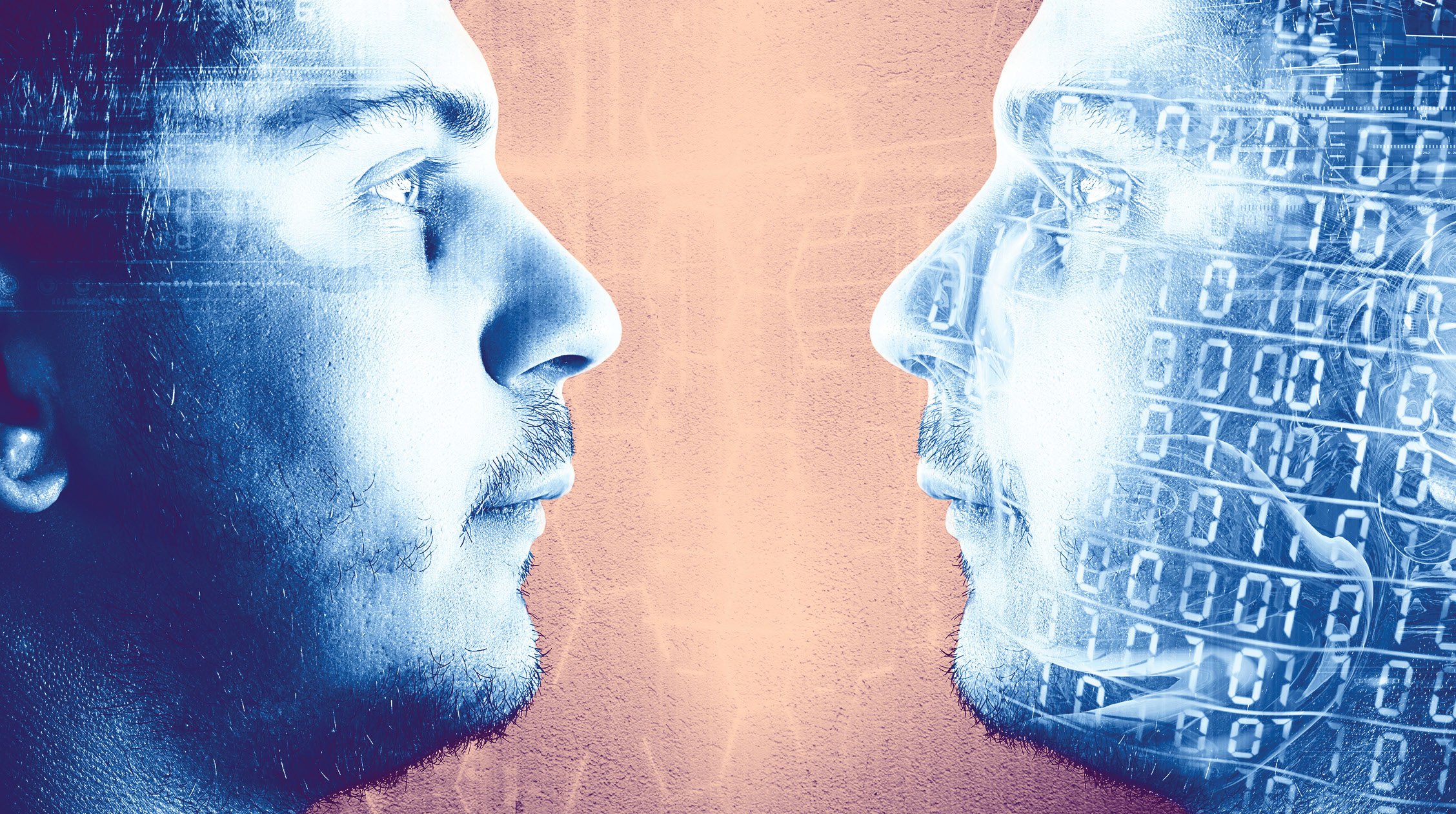DIGITAL LIFE

Digital twins may be our best chance to address cognitive decline in old age, scientists say
Digital twins of equipment, factories, and crops are already used in various sectors, helping, for example, to predict aircraft failures before they occur, optimize production, design cars that learn from the driving data of thousands of users, and prevent the impacts of climate and natural changes on crops.
"A digital twin is a virtual replica of a real system, a dynamic model that, fed by real-time data, mimics the behavior of what it represents. It's like having a smart mirror that not only reflects the state of something but also learns from each movement it makes to predict the next," explained Jon Andoni Duñabeitia, director of the Nebrija Research Center for Cognition (CINC) and the International Chair of Cognitive Health (ICCH) at Nebrija University in Spain, in an article published in The Conversation.
In the medical field, approaches based on digital twins also already exist. This is the case with cardiologists, who use technology to simulate each patient's heart function with a high level of detail. But what about the brain? How can this technology be applied?
Duñabeitia emphasized that age-related declines, depression, anxiety, and neurodegenerative disorders still represent major challenges for medicine.
"This is where artificial intelligence offers a window of hope. By integrating and analyzing large volumes of data, AI can help detect diseases early, better select patients for clinical trials, and even simulate each individual's progression using digital twins," he stated. "AI offers a way to anticipate deterioration, create personalized interventions, and accelerate the development of safer and more effective therapies."
He cited in his article that a team of scientists from Nebrija, Duke University, and Columbia University in the United States, in partnership with the company CogniFit, recently developed a new framework to address people's mental and cognitive health through digital twins.
These are virtual representations that integrate data from human brain and behavioral activity, daily habits, and emotional responses. "Using AI, these dynamic models can learn and update themselves with each new interaction," he emphasized. "We imagine that each person could have their own cognitive 'digital twin,' which could be used to predict how their memory or attention span will evolve and to suggest personalized activities to train the mind before a serious problem arises."
Duñabeitia pointed out that the key to this revolution lies in the integration of current devices, such as smartwatches, activity trackers, and sleep sensors, to provide continuous information about our bodies.
"Data associated with heart rate, sleep quality, activity level, and stress may already be feeding real-time data into a 'digital twin' that learns from these signals and adapts recommendations or cognitive training to our physical and mental state at any given moment," he highlighted. He added that AI's role would be similar to that of an orchestra conductor, coordinating all this data and integrating it into a system that not only reacts to, but even anticipates, people's needs.
"So far, digital 'brain training' has been limited to fun games with limited benefits. Cognitive twins are something completely different—far beyond generic sets of exercises, they offer a dynamic ecosystem that adjusts in real time to each person, supervised by healthcare professionals and supported by scientific evidence," the author noted.
According to him, this is a paradigm shift, from a "one-size-fits-all" approach to truly personalized and preventative medicine. But there will be challenges.
One of the points he listed is that digital twins in this area will need to be developed in a way that guarantees data privacy and that decisions made by algorithms are transparent and ethical. Furthermore, there is the digital divide, which may exclude older people or those with less access to technology.
"However, we must not lose sight of the potential benefits...Digital twins are poised to be one of the great revolutions in medicine and cognitive science this century. Decades ago, the idea of having a computer in your pocket seemed like science fiction. In a few years, it will seem equally natural to have a cognitive twin accompanying and caring for us. After all, who better than our own digital twin to help us understand, anticipate, and care for ourselves?" Duñabeitia concluded.
mundophone

No comments:
Post a Comment